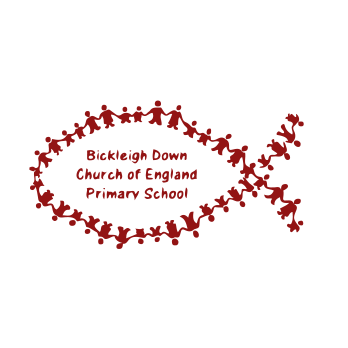Computing
Intent
At Bickleigh Down, we want pupils to be able to embrace technology and become confident and competent in using a range of resources safely. Technology is everywhere and will play a pivotal part in children’s lives. Therefore, we want to model and educate our pupils on how to use technology positively and responsibly. We want our children to be creators not just consumers of technology and the broad aspect of the computing curriculum will help to achieve this. By the time they leave Bickleigh, children will have gained key knowledge and skills in the three main areas of the computing curriculum: computer science (programming and understanding how digital systems work), information technology (using computer systems to store, retrieve and send information) and digital literacy (evaluating digital content and using technology safely and respectfully). The objectives within each strand support the development of learning across the key stages, ensuring a solid grounding for future learning and beyond.
We recognise that technology can allow pupils to share their learning in creative and accessible ways. Our knowledge rich curriculum has to be balanced with the opportunity for pupils to apply their knowledge creatively which will in turn help our pupils become skilful computer scientists.
We encourage staff to try and embed computing across the whole curriculum to make learning creative and accessible. We want our children to be fluent with a range of tools to best express their understanding and plan that, by Upper Key Stage Two, children have the independence and confidence to choose the best tool to fulfil the task and challenge set by teachers.
A computer scientist from Bickleigh Down will be able to:
· Access a range of software and select the best package for the task in hand
· Use unfamiliar software and hardware by tinkering and applying their previous learning
· Use technology safely and responsibly; recognise acceptable and unacceptable behaviour and how to report concerns
· Conduct appropriate searches for information and select trustworthy sources
· Use logical reasoning to explain how computational systems work and understand how to debug problems
· Combine a variety of resources to collect, analyse, evaluate and present a range of data and
